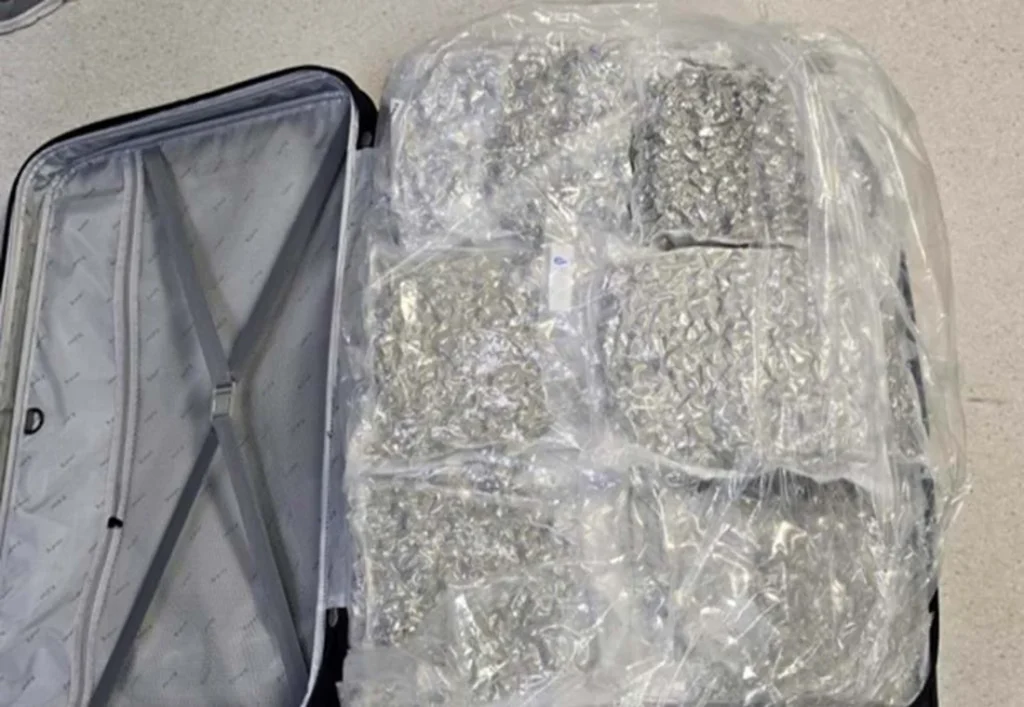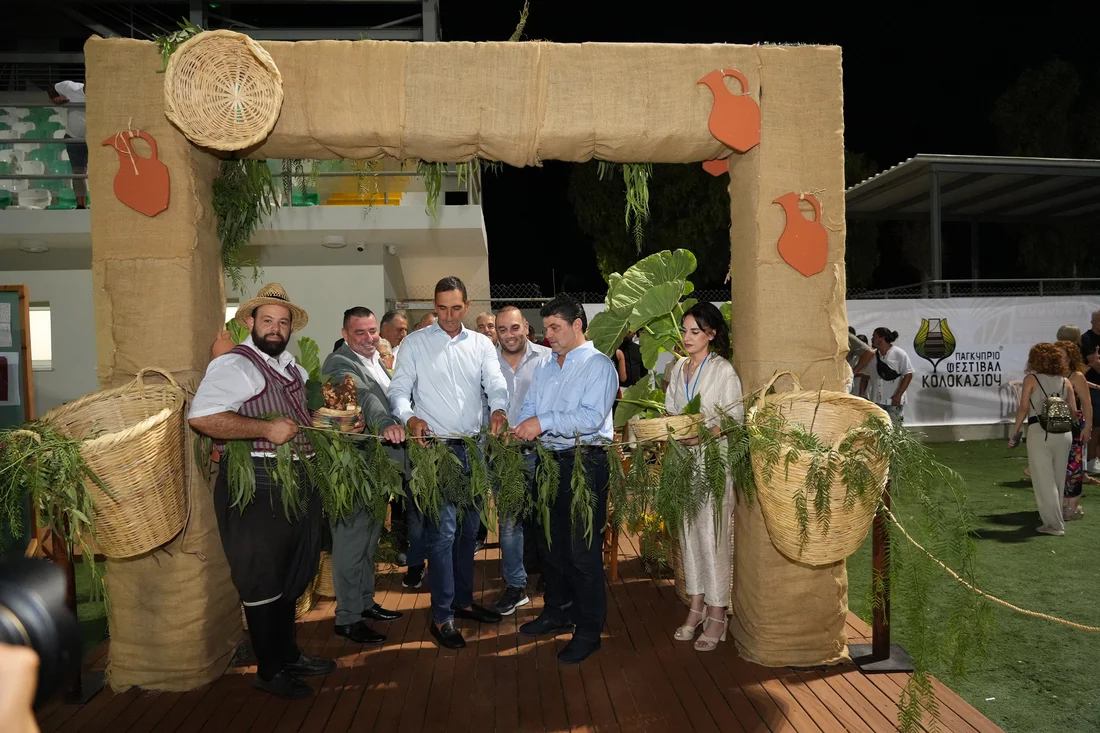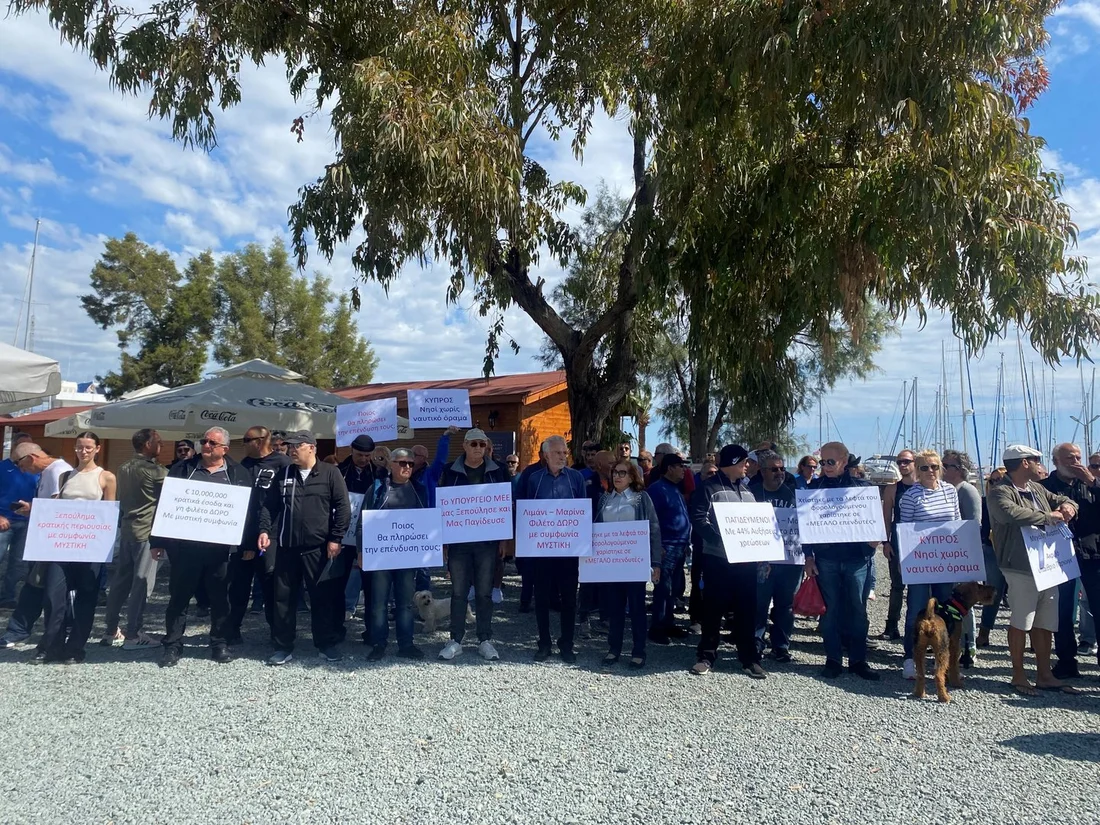|
Getting your Trinity Audio player ready...
|
Over recent weeks, police have downplayed several significant drug busts. In the past few months, authorities have intercepted large amounts of cannabis that smugglers attempted to bring through Larnaca airport. While the quantities might seem noteworthy, sources inform the Cyprus Mail that these seizures are relatively typical. Nonetheless, they highlight the persistently strong demand for marijuana in Cyprus.
“Although I can’t provide specific numbers, I can say that the demand for cannabis here is extremely high; it’s a commonly sought-after substance,” stated Sotiris Charalambous, the former deputy assistant to the police chief responsible for operations.

Recently, on Thursday, police seized 26.6 kg of cannabis at Larnaca airport. A 23-year-old man is now in custody and being interrogated after officials discovered the drugs hidden in his luggage during a customs check.
The suspect, carrying an Italian passport, arrived from Bangkok with a layover in Dubai. About three months earlier, two women followed the same route and were apprehended at the airport when they attempted to smuggle in 41 kg of cannabis. On September 10, a 30-year-old man received an 11-year prison sentence from the Larnaca criminal court after being convicted of importing illegal substances. He had been arrested on July 6 when customs screening revealed 15.6 kg of cannabis in his luggage.
These figures are indeed substantial. However, Charalambous asserts that they are not unusual. When asked why individuals would risk smuggling drugs in their luggage, he explained that 95 percent of travelers arriving from European countries are not subjected to customs screening.
“It’s a numbers game. High risk brings high rewards. If a’mule’ is caught, the supplier can always send another with 20 kg or so,” he noted.
A study referenced in a July 2018 report by the National Addictions Authority, titled The Social Cost of Illegal Addictive Substances in Cyprus, indicated that cannabis was the most prevalent addictive substance on the island. A population survey conducted up to 2016 revealed that approximately one in ten adults (aged 15–64) had tried the drug at least once, showing a slight rise from 2014 data.
A more recent study by the same authority, published in 2023, included laboratory analysis of sewage samples. In the survey, four out of ten participants reported knowing someone who used cannabis, 34 percent stated they had friends who used it, and 73 percent believed they could easily obtain marijuana within 24 hours if they wanted to. The study also reflected a gradual increase in cannabis use across all age groups, though the rise was not dramatic. Interestingly, cannabis consumption tends to peak in the summer and autumn months.
Meanwhile, the European Drug Report for 2024, released in June, described cannabis as “the most widely consumed illicit drug” across the continent. The report highlighted that the average THC level in cannabis resin has doubled over the last decade, hitting 22.8 percent in 2022, while the levels in herbal cannabis have remained relatively stable. Additionally, the variety of cannabis products is expanding, including high-potency extracts and edibles.
The report further indicated that around 8 percent (22.8 million) of European adults (aged 15–64) are estimated to have used cannabis within the previous year, with the prevalence rising to 15 percent (15.1 million) among younger adults (15–34 years).
Back in Cyprus, Charalambous reminisces about the largest cannabis seizure during his police career, totaling 15 tons. This incident occurred in the late 1980s when police acted on a tip-off to track a boat escorted by two speedboats coming from Lebanon. The traffickers were to meet a larger vessel for loading the drugs. The coast guard intercepted them off the Ayia Napa coast, resulting in 17 arrests.
“Although this case differed from what we’re discussing, as these drugs were intended for the Spanish market, not Cyprus,” the former officer clarified.



